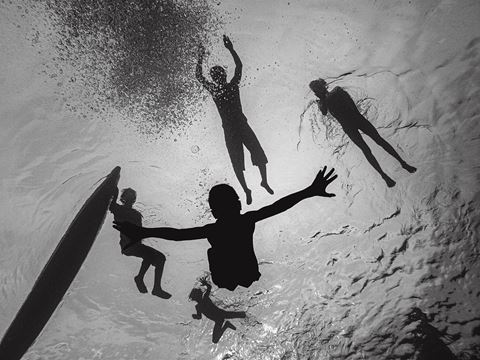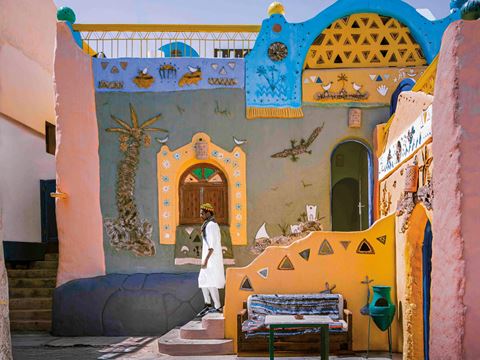
FirstLook: Mobile Library, Java
Ridwan Sururi of Serang Village, central Java, Indonesia, started the Kudapustaka (Horse library), in 2015. Today he visits villages and schools three days a week.
In 2015 Ridwan Sururi of Serang Village, central Java, Indonesia, started the Kudapustaka (Horse library), and since then, three days a week, he has visited villages and schools like Miftahul Huda Islamic Elementary School. On this day he was joined by his two-year-old son, Tria Ramadhan. Together they handed out donated books to the students. As a photographer I did this story because I was also born in a village with difficult access to books. I believe in the power of books, and I know what Mr. Sururi is doing is important.
—Putu Sayoga
www.putusayoga.net
www.arkaproject.com
@putu_sayoga @arkaproject

You may also be interested in...

Ambon Island, East Indonesia by Hengki Koentjoro
Arts
This photo was taken off Ambon Island, East Indonesia in 2010. It is one of my favorites, illustrating the free-spirited nature of the children in the rural archipelago. While some children in the big cities may stay inside and play computer games, the children in Ambon with easy access to the water see the ocean surrounding their village as their playground..jpg?cx=0.5&cy=0.5&cw=480&ch=360)
Photo Captures Kuwaiti Port Market in the 1990s
History
Arts
After the war in 1991, Kuwait faced a demand for consumer goods. In response, a popular market sprang up, selling merchandise transported by traditional wooden ships. Eager to replace household items that had been looted, people flocked to the new market and found everything from flowerpots, kitchen items and electronics to furniture, dry goods and fresh produce.
Saudi Photographer Captures Aswan's Nubian Heritage
Arts
As a Saudi photographer with a passion for cultural, human and heritage themes around the world, I strive to make my images windows to the past as well as reflections of the present. When I came across this guesthouse on a visit to Aswan, Egypt, I was taken back to 3000 BCE to ancient Nubia.